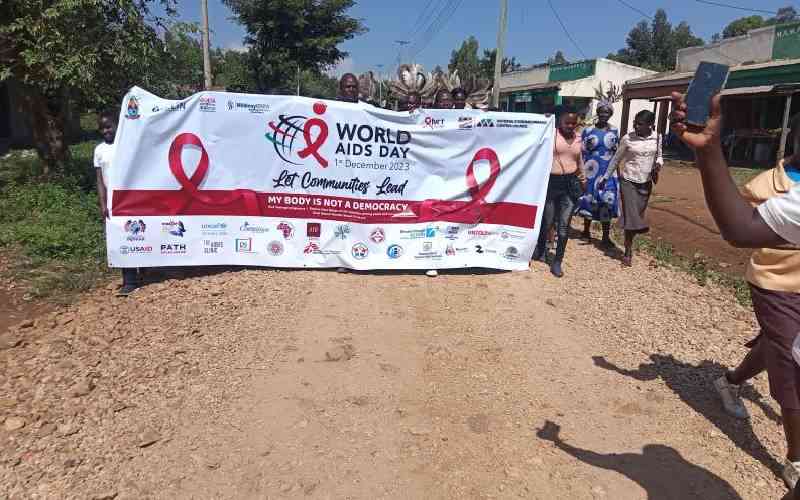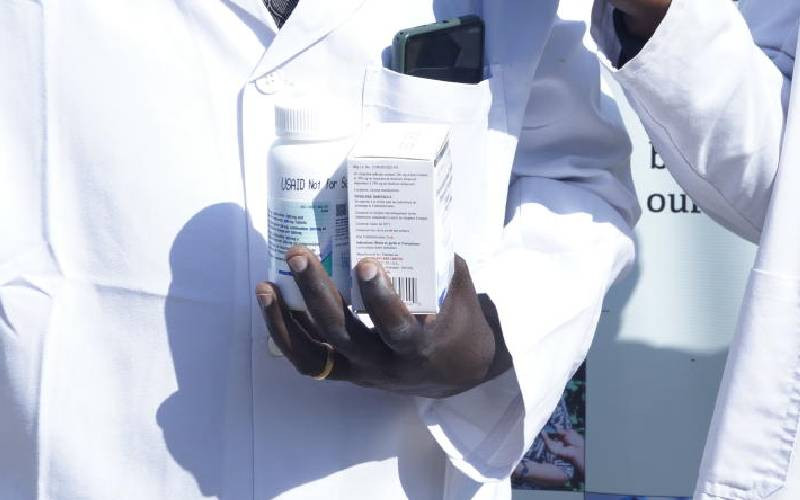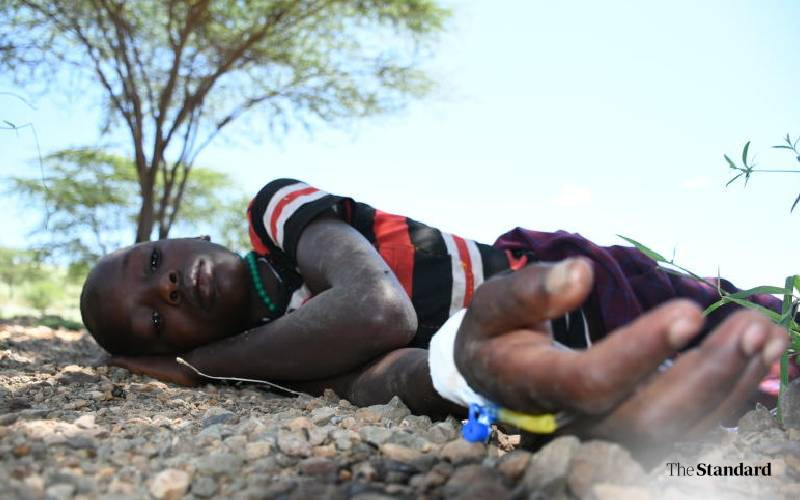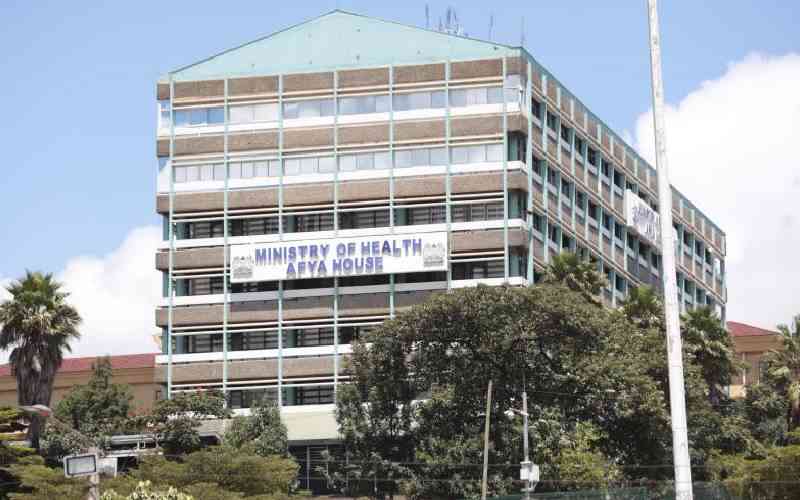
The ongoing turmoil in eastern Democratic Republic of the Congo (DRC) frequently garners international attention, particularly from Western leaders.
The dominant narrative attributes the conflict primarily to resource exploitation and the potential fragmentation of the country. While these factors are significant, they fail to capture the full extent of the crisis.
One critical aspect that remains largely ignored is the longstanding persecution of Kinyarwanda-speaking Congolese communities, particularly ethnic Tutsis, who have faced discrimination and violence since the country’s independence.
In response to this oversight, a diverse coalition of academics, researchers, religious leaders, writers, artists, state officials, journalists, and genocide survivors has emerged to challenge the singular narrative that overlooks the plight of Congolese Tutsis.
As part of a broader peace initiative, this collective has petitioned the United Nations Secretary-General, calling for urgent international action. Their letter, signed by over 400 individuals from more than 50 countries, seeks to shed light on the persecution of Tutsis in the DRC and warns against the risk of escalating violence.
Among the signatories are distinguished figures from various fields, including eminent writers such as Boubacar Boris Diop, laureate of the 2022 Neustadt International Prize for Literature; Gaël Faye, recipient of the 2024 Renaudot Prize; and Dominique Célis.
Survivors of the Rwandan Genocide, such as Yolande Mukagasana, Esther Mujawayo, and Félicité Lyamukuru, have also lent their voices to this cause. Additionally, the petition includes renowned scholars such as Dr Margee Ensign, President of the American University of Bulgaria; Prof Bibhuran Nayak, an Indian laureate in geological sciences and Prof Carlos Graeff of Brazil anong others. Historians such as Prof Vincent Duclert and Professor Jean-Pierre Chrétien have also endorsed the initiative.
Beyond academia, numerous victim advocacy groups spanning the DRC, Rwanda, Burundi, the United States, Canada, France, Belgium, Papua New Guinea, and Bolivia’s Central de Pueblos Indígenas de Beni (CEPIB) have joined this effort, underscoring the transnational nature of the crisis. Political figures, including Prof Charles Murigande of Rwanda, a former ambassador and minister of Foreign Affairs, and Dr. Alain Destexhe, a former Belgian senator, have also voiced their support for the petition.
The urgency of the matter is underscored by the fact that some Congolese political actors actively endorse the eradication of Congolese Tutsis, perpetuating their marginalization and placing them at grave risk. The authors of the letter to the UN Secretary-General warn that the international community must act swiftly to prevent a genocide akin to that which devastated Rwanda in 1994.
They urge the United Nations to reconsider the fundamental causes of the crisis beyond the conventional resource-centered explanations, calling for immediate protective measures for Congolese Tutsis and other vulnerable communities.
This coordinated appeal is not merely a symbolic gesture; it is a call for meaningful intervention to prevent further human rights violations and uphold international principles of justice and dignity. The collective action of academics, writers, and political leaders serves as a powerful counter-narrative to the prevailing discourse, demanding that the world acknowledge and address the overlooked persecution of Congolese Tutsis.
By broadening the scope of discussion and recognizing the historical and ethnic dimensions of the conflict, this initiative contributes significantly to ongoing peace efforts. If the United Nations and the international community fail to heed these warnings, they risk allowing history to repeat itself.
Ensuring lasting peace in the DRC requires an honest and comprehensive examination of the crisis — one that includes the voices of those who have suffered the most.
-The writer is a Rwandan academic based in the United States of America





